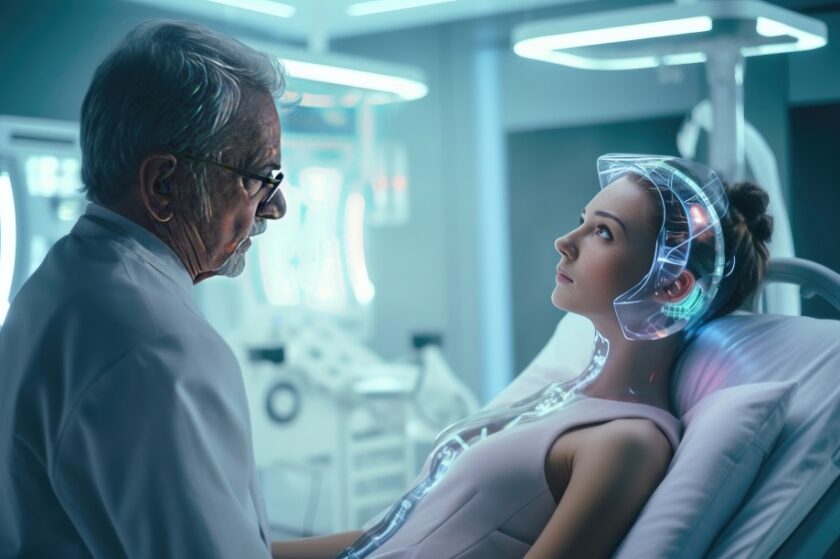Introduction: Knowledge Can Save Lives
In a world driven by information, it’s shocking how some rare diseases remain largely invisible. One such condition is Spinal Muscular Atrophy (SMA)—a genetic disorder that affects voluntary muscle control. Although the medical world has made progress in treatment options, the bigger challenge is one we all can influence: increasing global awareness.
By spreading understanding, we can help families get timely diagnoses, increase funding for research, and improve the quality of life for patients. That’s why now, more than ever, global awareness isn’t optional—it’s essential.
What Is Spinal Muscular Atrophy?
To understand why awareness is critical, let’s start with the basics. SMA is a rare genetic disorder caused by a mutation in the SMN1 gene, which leads to muscle weakness and degeneration. Over time, children and adults with SMA face difficulty walking, swallowing, and even breathing.
Because early intervention significantly improves outcomes, global awareness ensures parents, caregivers, and doctors recognize the signs before irreversible damage occurs.
1. Early Diagnosis: The First Line of Defense
When it comes to SMA, timing is everything. Yet, many families receive a diagnosis only after symptoms become severe. Fortunately, raising global awareness has helped shift this trend.
For instance, due to awareness campaigns:
-
More pediatricians recognize the early warning signs
-
Parents seek medical help more promptly
-
Countries implement newborn screening programs
By identifying the condition early, doctors can offer timely treatments, including gene therapies, physiotherapy, and supportive care. As a result, children can live longer and enjoy a better quality of life.
2. Empowering Families Through Education
Families are the backbone of support for those living with SMA. Therefore, global awareness must also focus on giving them the tools they need. When families understand the condition, they make informed choices and become effective advocates for their loved ones.
Greater awareness helps families:
-
Connect with support groups and counseling services
-
Learn daily care techniques and therapy options
-
Understand medication plans and assistive technologies
Moreover, awareness ensures that families don’t feel isolated—they feel prepared, connected, and hopeful.
3. Boosting Research and Funding Through Visibility
Rare diseases like SMA often struggle to gain research attention. However, as global awareness increases, so does visibility, and that translates into funding and innovation.
Importantly, broader awareness drives:
-
Government grants for genetic research
-
Public donations and charity events
-
Pharmaceutical investments in advanced therapies
This momentum fuels progress. For example, gene therapies that once seemed impossible are now saving lives, all because people began paying attention and taking action.
4. Promoting Inclusivity and Breaking Stigmas
Living with SMA means more than medical challenges; it often means facing social exclusion. However, global awareness can challenge these outdated perceptions and promote inclusivity.
Through sustained awareness efforts, societies begin to:
-
Develop more accessible infrastructure
-
Create inclusive school environments
-
Encourage equal employment opportunities
-
Respect neurodiversity and physical differences
When people understand the challenges others face, they become allies—not just observers. This shift can only happen through continuous education and public dialogue.
5. Influencing Policies and Healthcare Access
It’s no surprise that policy change often follows public pressure. Thus, global awareness doesn’t only inform—it inspires advocacy that reaches lawmakers and healthcare leaders.
With enough public engagement, we can push for:
-
Universal newborn screening initiatives
-
Subsidized access to life-saving treatments
-
Better insurance coverage for rare disease patients
-
Disability rights legislation
Ultimately, raising awareness doesn’t just help today’s patients—it paves the way for a more equitable healthcare system tomorrow.
6. Creating a Sense of Hope and Belonging
Lastly, and perhaps most importantly, global awareness fosters a sense of hope. Patients and caregivers who once felt alone find strength in shared experiences. Online campaigns, awareness walks, interviews, and stories all contribute to this powerful wave of connection.
When stories are told, and voices are heard:
-
Individuals feel seen and validated
-
New families gain the courage to seek help
-
Communities become kinder and more supportive
This emotional impact, though hard to measure, is vital to healing and resilience.
Conclusion: Awareness Leads to Action
In conclusion, global awareness is more than just a trending hashtag—it’s a life-saving, community-building force that bridges the gap between neglect and care. From recognizing early symptoms to pushing global policy changes, every act of awareness matters.
If you or someone close to you has questions or concerns about Spinal Muscular Atrophy, consulting a trusted specialist is the next step. In the UAE, Dr. Vivek, a leading Consultant Paediatric Neurologist, offers compassionate, evidence-based care for rare neuromuscular conditions—empowering families and improving outcomes.
FAQs
1. What are the early symptoms of SMA to look out for?
Infants may show weak muscles, trouble holding their head up, delayed sitting or crawling, or breathing difficulties. Early consultation with a specialist is crucial if these signs appear.
2. Is there a cure for SMA?
Currently, there is no complete cure. However, advancements like gene therapy, Spinraza, and Evrysdi can significantly improve motor function and quality of life when started early.
3. How can I help increase global awareness for SMA?
You can share verified information on social media, support SMA-related charities, organize or join awareness events, or simply start conversations about the condition in your community.
Final Thoughts
We can’t change the genetics behind SMA, but we can change the world’s response to it. By increasing global awareness, we build a society that’s informed, empathetic, and prepared to act.
Every story shared, every fact learned, and every conversation started helps another life—and that’s something we can all be part of.



